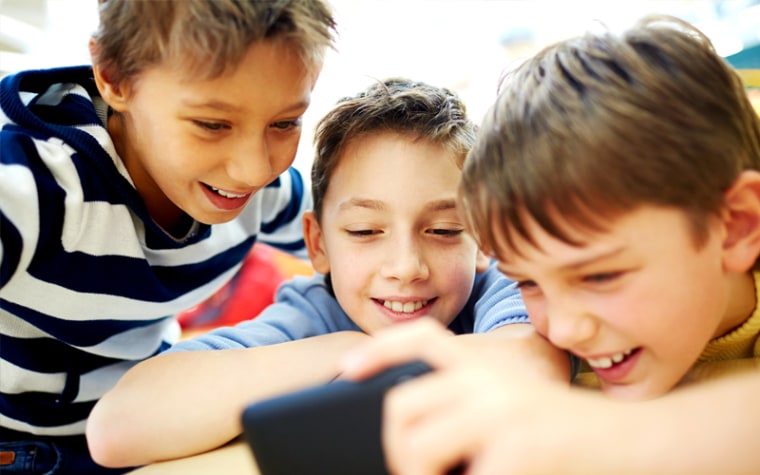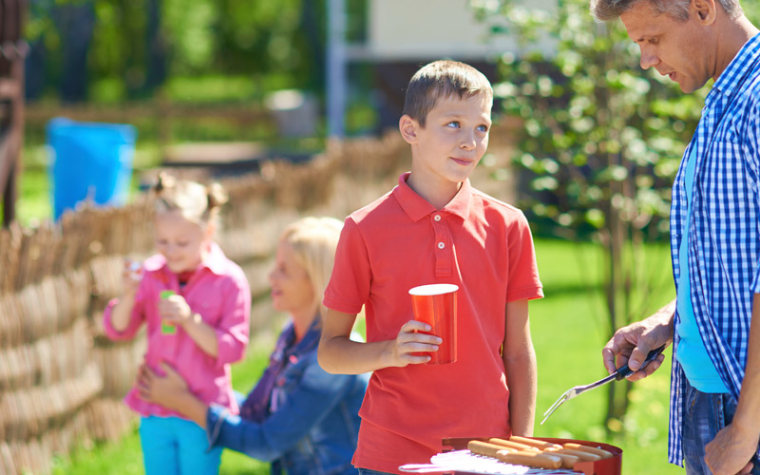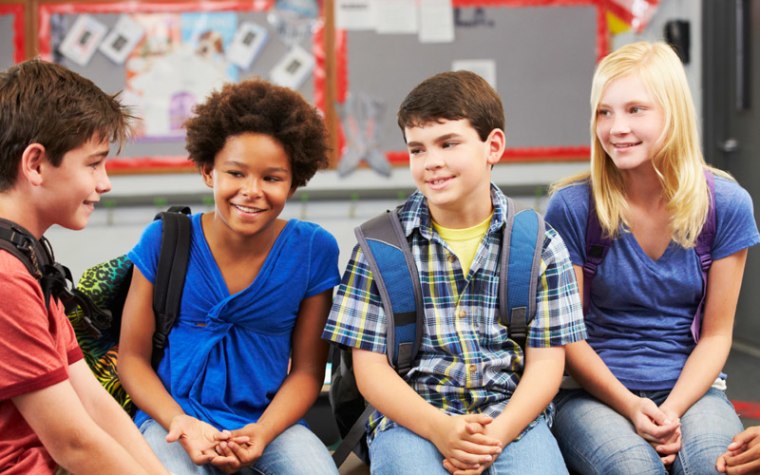Social awareness is the ability to understand and respect the perspective of others, and to apply this knowledge to social interactions with people from diverse backgrounds. During the late elementary years, your child is learning how to better manage and control his feelings when interacting with others. Although he may not yet apply empathy to all of his social interactions, his ability to monitor other people’s perspectives is improving, and he should be better able to see how his behavior affects others. For example, you should notice that he is becoming a better teammate through this development period. That’s a contrast to the “me first” attitude of early childhood. The changes brought on by puberty—especially in girls, who tend to enter this phase before boys—may affect how your child approaches relationships and interactions. This is a time of great physical and emotional development, and you can contribute to your child’s social success by supporting him through this very important and influential phase in his life.

The late elementary years are a time of great personal and social growth. As children grow older, they become better at making decisions, solving problems, and working in groups. Early adolescence begins around the age of 11, and this brings along its own challenges. As children’s bodies begin to change their emotions can seem to change at a moment’s notice. Developing your child’s social and emotional skills can help him manage his emotions and behavior and make responsible choices. The concepts highlighted in this section are based on the five sets of competencies developed by the Collaborative for Academic, Social, and Emotional Learning (CASEL).

At this age, your child is becoming more independent, and their interest in friends and social activities is growing. By this time, your child should know how to communicate their needs and feelings verbally, and understand that emotions play a major role in the nature of relationships.

As your child makes friends and forges new relationships, they are developing their ability to respect and identify other people’s perspectives and behaviors. As your child learns how to identify what others are feeling based on their facial expressions and body language, they are becoming better at understanding and evaluating social situations.

According to New York City-based teacher Anne Harlam, the way your child discusses friend dynamics and whose fault it was during a conflict usually sheds light on how socially aware your child is. Is your fourth-grader able to accurately relate what happened or are they still looking at the situation through their own feelings?

Keep in mind every child develops at his own pace, both physically and emotionally. If you have concerns about your adolescent’s development, please contact your health care provider or your child’s teacher or school counselor.
Learn more about how to support your child with our fourth-grade social awareness tips page.
Parent Toolkit resources were developed by NBC News Learn with the help of subject-matter experts, including Maurice Elias, Director, Rutgers Social-Emotional and Character Development Lab; Jennifer Miller, Author, Confident Parents, Confident Kids; and Anne Morrison, Pre-Kindergarten Teacher, Lycée Français de New York.